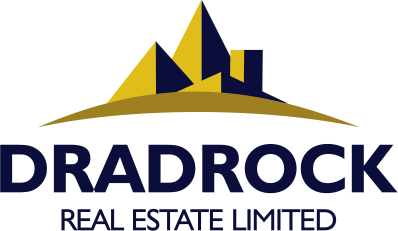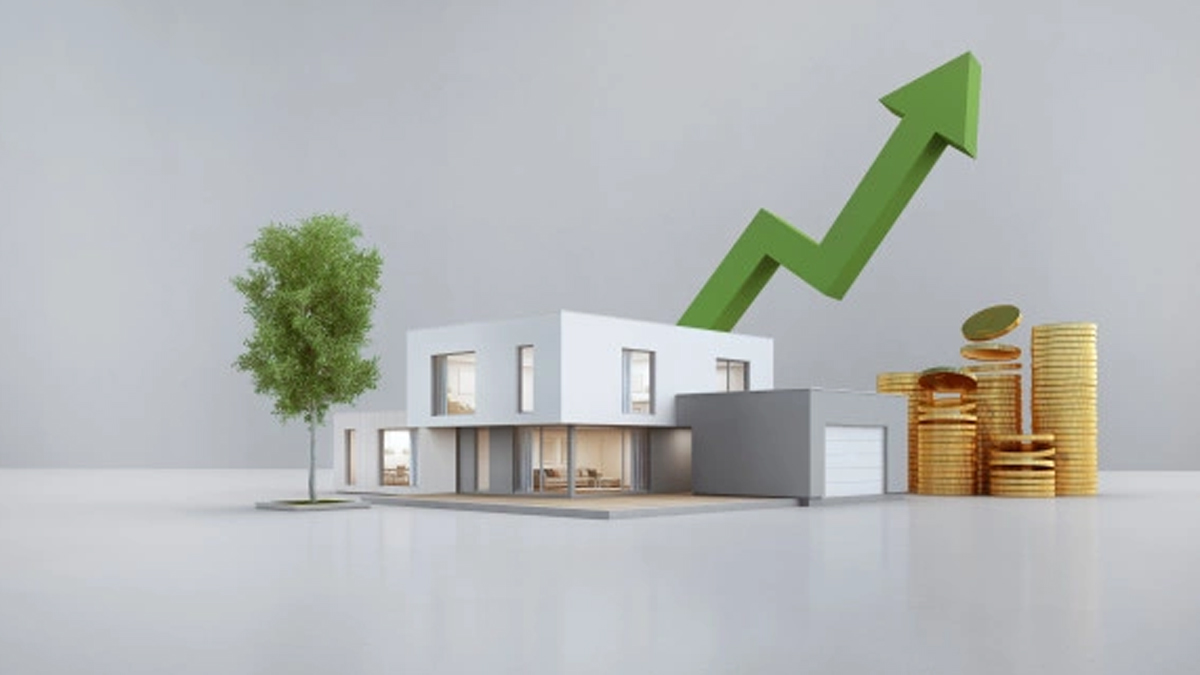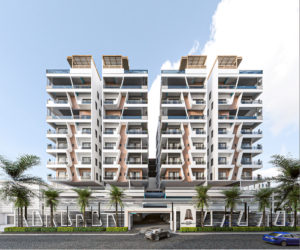Designing Your Dream Home: Combining Style and Functionality
Hey there! Are you ready to embark on the exciting journey of designing your dream home? It’s an opportunity to create a space that truly reflects your personality, lifestyle, and preferences. But we know that finding the perfect balance between style and functionality can be a bit challenging. Don’t worry, though! In this blog post, we’ll explore how you can achieve the ideal fusion of aesthetics and practicality to design a home that not only looks beautiful but also enhances your everyday living experience.
First things first, let’s take some time to understand your lifestyle and the specific needs of your household. Consider factors like the number of family members, their ages, any special requirements, and your daily routines. By having a clear understanding of these elements, you can make design choices that maximize functionality and ensure that your dream home supports your lifestyle.
Next, it’s important to define your personal style. Are you into modern and minimalist aesthetics, or do you lean towards a more traditional and cozy atmosphere? Get inspired by browsing design magazines, websites, and social media platforms. Create a mood board that captures your desired style. Having a clear vision of the overall aesthetic will guide your design decisions and ensure a cohesive look throughout your home.
Now, let’s talk about the layout. A functional layout is the foundation of a well-designed home. Think about how you and your family move through the space and ensure that rooms flow seamlessly from one to another. Prioritize designs that promote interaction and connectivity, while also optimizing natural light and views. It’s also important to consider the placement of key rooms and amenities, such as the kitchen, bathrooms, and laundry area, to enhance efficiency in your daily routines.
To maximize the usability of your home, think about incorporating multifunctional spaces. For example, a guest room that can double as a home office or a living room that can transform into an entertainment space. This versatility allows you to adapt your home to various needs and activities, providing added value and convenience.
Clutter can quickly diminish the beauty and functionality of a space, so make sure to integrate ample storage solutions into your design plan. Think about built-in cabinets, hidden storage compartments, and creative shelving options that blend seamlessly with your overall design aesthetic. Efficient storage solutions will help maintain a clean and clutter-free environment, promoting both style and functionality.
Let’s shed some light on the importance of lighting. Well-planned lighting can drastically transform the ambiance of your home while serving its practical purpose. Incorporate a combination of natural light, artificial lighting fixtures, and task lighting to create a warm and inviting atmosphere. Additionally, bring nature indoors by incorporating indoor plants and utilizing materials like wood, stone, or bamboo. These natural elements not only add visual interest but also contribute to a calming and soothing environment.
When designing your dream home, it’s essential to think about the future. Consider potential changes in your lifestyle, family size, and technological advancements. Implementing flexible design choices, such as pre-wiring for home automation or incorporating sustainable features like solar panels, can ensure that your home remains functional, efficient, and up-to-date for years to come.
Designing your dream home is all about creating a space that perfectly aligns with your style and accommodates your everyday needs. By combining style and functionality, you can design a home that not only looks beautiful but also enhances your daily living experience. Remember to understand your lifestyle, define your style, prioritize practical layouts, incorporate multifunctional spaces, optimize storage solutions, utilize proper lighting, and future-proof your design. So, let your creativity flow and get ready to bring your dream home to life.








